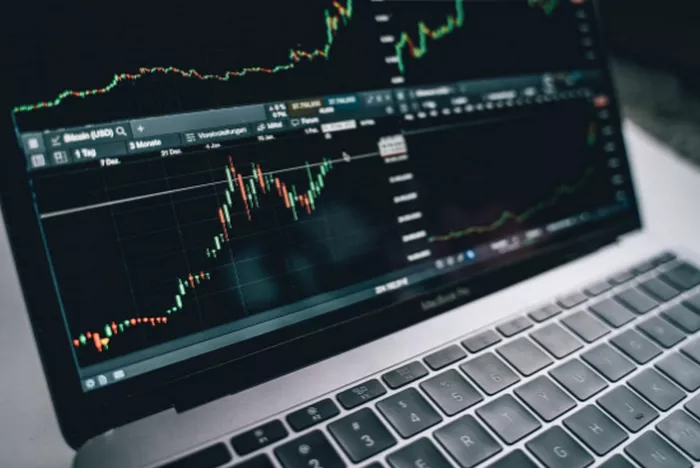In the realm of financial markets, the terminology can often be intricate and nuanced. Two terms that frequently surface in discussions are “indices” and “indices futures.” While they are related, these terms represent distinct financial instruments with unique characteristics and functions.
Defining Indices
An index is essentially a composite measure that represents a specific segment of the financial market. It is a benchmark used to gauge the performance of a collection of securities, such as stocks, bonds, or other assets. Indices serve as indicators of market trends, providing insights into how a particular market sector or asset class is faring. Some well-known indices include the S&P 500, Dow Jones Industrial Average, and the NASDAQ Composite.
Defining Indices Futures
Indices futures, on the other hand, are financial contracts that derive their value from the performance of an underlying index. These futures contracts enable investors to speculate on the future movements of the index, either anticipating a rise or fall in its value. Unlike trading the actual securities within an index, indices futures provide a convenient way to gain exposure to the broader market trends without owning the underlying assets.
Purpose and Function
The primary purpose of indices is to offer investors a snapshot of the overall market or specific sectors. They act as benchmarks for evaluating the performance of investment portfolios and gauging market sentiment. Indices futures, on the other hand, serve a dual purpose. They provide a means for hedging against potential market losses and allow traders to engage in speculative activities to profit from market movements.
Underlying Assets
One key difference between indices and indices futures lies in the underlying assets. Indices represent a portfolio of actual securities, such as stocks or bonds, that are used to measure market performance. In contrast, indices futures are contracts that derive their value from the movements of these indices. This means that investors trading indices futures are not buying or selling the actual securities; they are speculating on the future value of the index itself.
Liquidity and Accessibility
Indices, being benchmarks, are not tradable assets themselves. However, many financial instruments, such as exchange-traded funds (ETFs) and mutual funds, replicate the performance of indices and are accessible to investors. On the other hand, indices futures are tradable financial contracts available on futures exchanges. They offer a higher level of liquidity and are widely used by traders and investors seeking exposure to broader market trends.
Risk and Leverage
Investing in indices provides a diversified exposure to a specific market segment, which can help mitigate individual company-specific risks. Indices futures, however, involve a higher degree of leverage due to the inherent nature of futures contracts. This leverage can amplify both potential gains and losses, making them a popular choice for active traders who seek to capitalize on short-term market movements.
Contract Specifications
Indices futures have specific contract specifications, including the contract size, expiration date, and tick size. These specifications dictate the terms of the futures contract and provide standardized guidelines for trading. Indices, on the other hand, do not have fixed contract specifications, as they are conceptual benchmarks rather than tradable instruments.
Tax Implications
Trading indices futures may have different tax implications compared to investing in actual securities represented by indices. Profits and losses from trading indices futures may be treated as capital gains or losses, depending on the investor’s jurisdiction and tax regulations. On the other hand, gains or losses from investing in ETFs or other index-tracking funds may have different tax treatments.
Conclusion
In the dynamic world of financial markets, understanding the distinction between indices and indices futures is pivotal for investors and traders alike. Indices provide insights into market trends and serve as benchmarks for evaluating portfolio performance. On the other hand, indices futures offer opportunities for both hedging and speculative trading based on the future movements of these benchmarks. While they share a connection through the underlying index, their functions, characteristics, and purposes differ significantly. As financial markets continue to evolve, the ability to differentiate between these two concepts empowers investors to make informed decisions aligned with their investment objectives and risk appetites.


